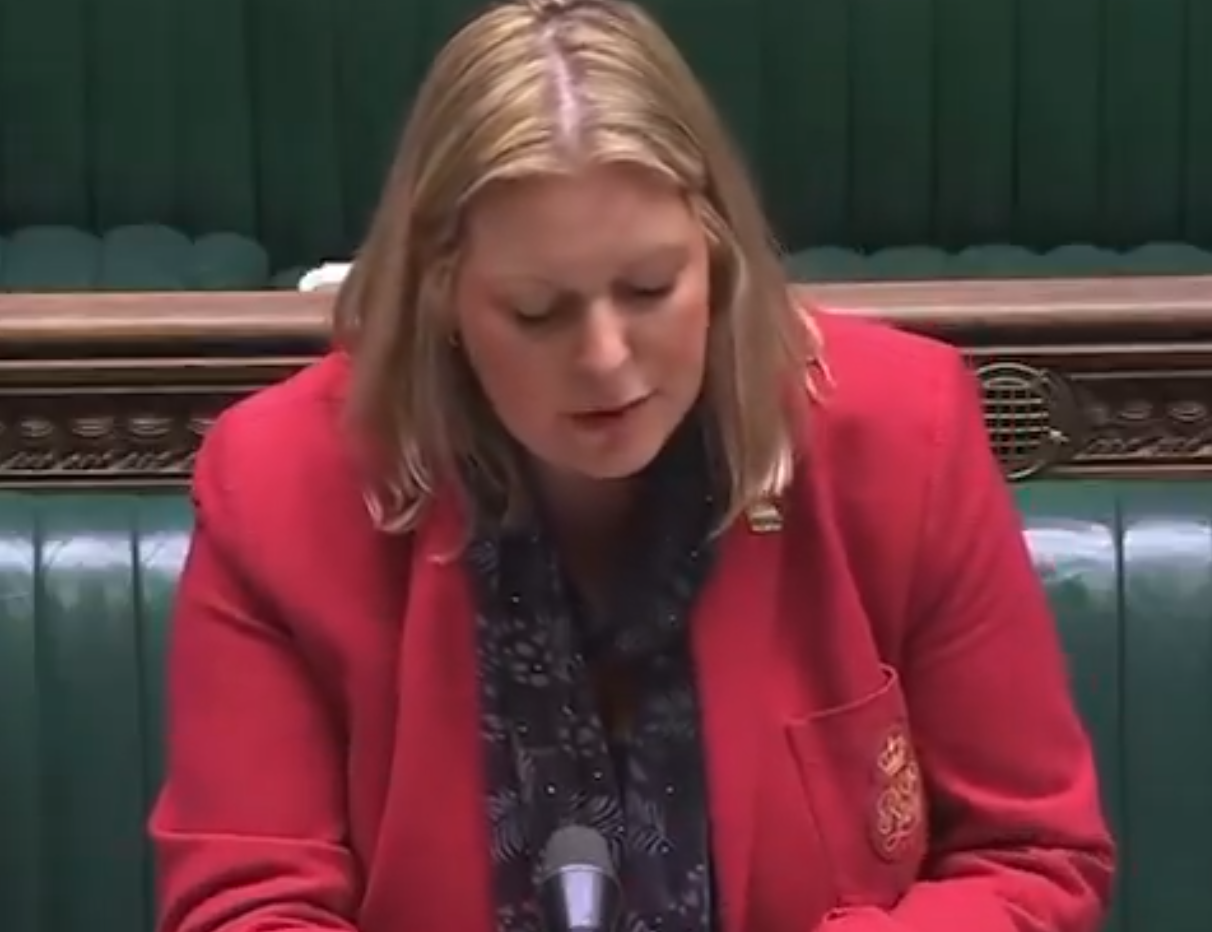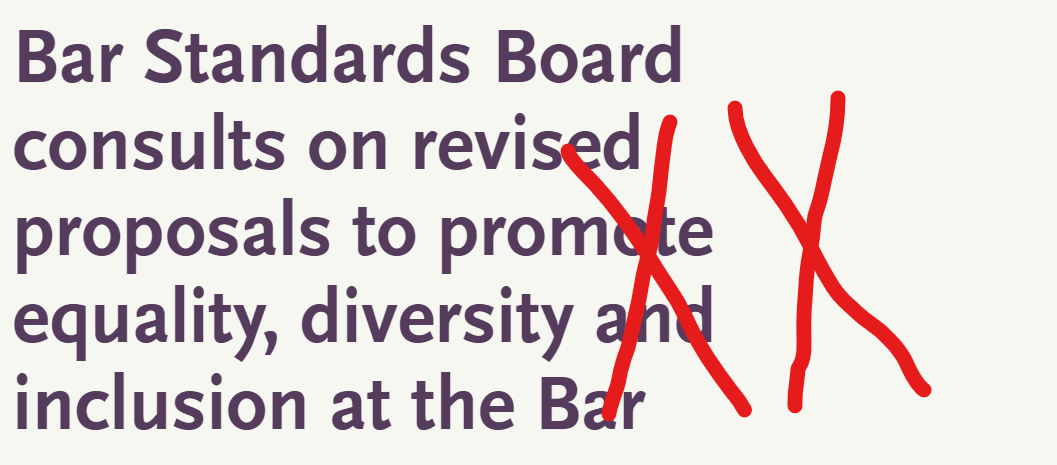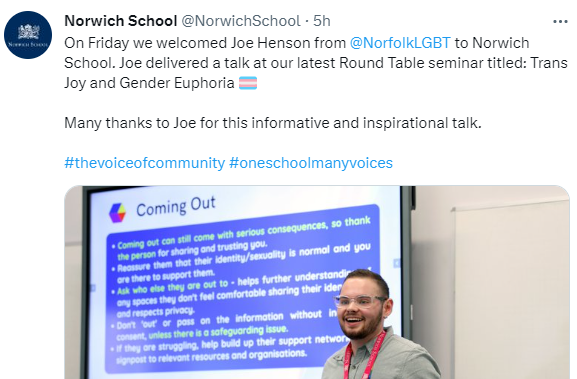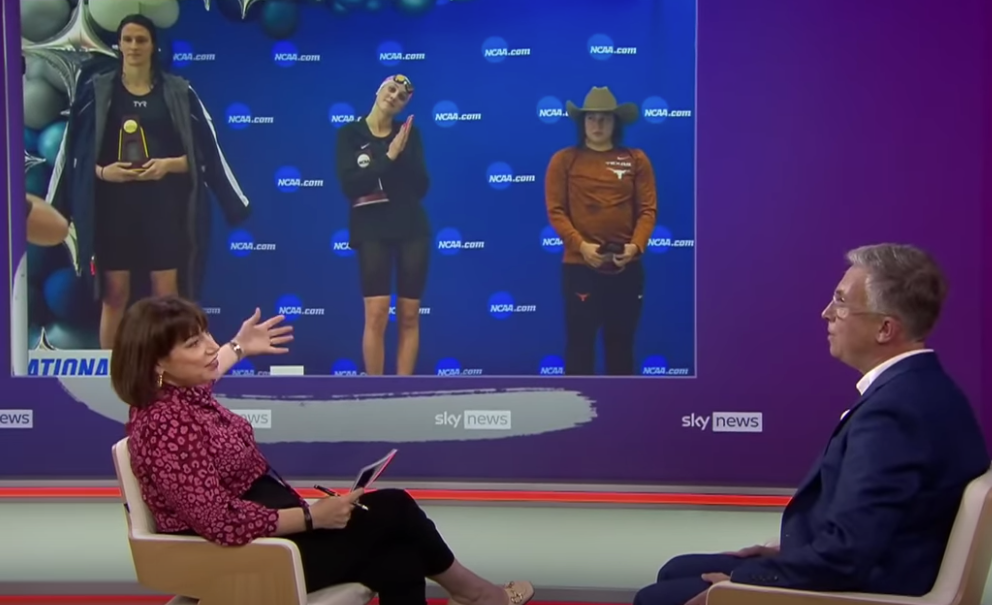A parliamentary petition is now seeking a way forward

Susan McDonnell is a wife, mother, and retired teacher. Published on 16 July 2021.
Twitter folk always find it hard to remember that outside the Twittersphere, people lead normal lives, and that in those lives, you don’t expect to see a chap in a rainbow fur monkey suit with bare buttocks swinging a fake penis around to promote reading to children. Even to hardened Twitterites like me, it was a bit of a surprise when, last Saturday, Redbridge Library (run by a Labour Council) posted pictures of just that, saying “if you’ve got it, flaunt it”.
But only a bit of a surprise. For some time, libraries have sought to retain relevance with reluctant readers by focusing on the “fun” aspects of reading, such as Drag Queen Story Hour. Meanwhile schools have also turned to outside agencies, particularly to bolster their LGBTQ+ curriculum, with standalone days spent teaching Relationship & Sex Education (RSE) becoming increasingly popular.
I have an unusual set of perspectives on these issues. For a start, I was, for 14 years, a teacher, including being a pastoral head, before retiring in 2018. Prior to that, I was a solicitor for 14 years, and raised four children alongside those careers. Still more unusually perhaps, for this site, I bring 40 years membership of The Labour Party to my perspective: I am – in its true political sense – a radical feminist, and the material reality of women as a class is fundamental to my socialism. Finally, and probably most unusually of all, I am very happily married to a transwoman.
As such, I retain quite an interest in things related to identity politics and in education. It has not been easy seeing the leader of “my” party announce a commitment to self-ID via Pink News, nor watching women like Rosie Duffield being hounded for stating her belief in the reality of sex. For me, the issue of safeguarding children and protecting women’s rights transcends party politics: this sits at the foundation of Maslow’s Hierarchy of Needs. Indeed, it sits at a level that I never thought I would need to worry about. Checking my privilege is, it turns out, a thing.
As I watched the “Rainbow Dildo Butt Monkey” (as it has been dubbed in the press) outstrip the Drag Queens in his dance, a number of strands of thought began to coalesce.
First, I remembered the reaction of charities such as Mermaids to new Department for Education guidance which, in effect, banned the idea of being “born in the wrong body” from being taught in English schools. As a staple of training in all manner of settings had been the Genderbread Person, many had breathed a short-lived sigh of relief.
Then I thought about the fact that, in June, during Pride Month, the DfE promoted materials produced by the LGBT Charity “Just Like Us”. These included a Maths lesson, apparently aimed at 5- and 6-year-olds, which set a trivial mathematical problem amidst a sea of verbiage about non-binary pronouns. As many were quick to point out, this was valueless as a Maths lesson – no child able to read the words was likely to learn anything from solving the arithmetic.
Finally, I remembered the blog I had read a few days previously from Chris Jones, Ofsted’s Head of Corporate Strategy, which, while generally suggesting that RSE was being well delivered had, below the surface, revealed an undercurrent of panic from leaders of schools chosen as examples of good practice.
Jones acknowledged that “the overwhelming majority of schools were asking for much more specific guidance about sexual orientations and gender reassignment”, and in one particularly anguished comment, a secondary head reported they were “… very nervous of other providers. Would love someone to filter this for us instead of finding out the hard way. Someone (a provider) comes in with completely inappropriate tone. I like the idea of having a national standard… These people crop up and get funding from wherever… emailing schools the whole time. There is a place for people with specific skills who can deliver better than the teachers. Would be nice to have a bank that we can dip into that’s already been vetted.”
To most outsiders, it probably seems obvious that that sort of thing should happen anyway. There are about 3,000 secondary schools in England, and about 15,000 primaries. The idea that each of them, not to mention countless libraries and other settings, should be checking who was any good at this sort of thing seems ridiculous. With my teacher hat on, though, I wasn’t surprised: schools spend a lot of their time trying to solve the same problems that other schools also have, with surprisingly little coordination of effort. Moreover, in the past, there were other mechanisms in place, with subject specialists employed by Local Authorities, almost all of whom have disappeared in the last 15 years because of economic pressure and academisation.
RSE is a particular issue here, because not only is the subject matter very political, but it is a rich seam of funding in the third sector, which has boomed over the same period, with LGBTQ+ charities such as Stonewall doing particularly well out of it. The curriculum is very complex, with slight guidance, mentioned in the blog above, and within schools, RSE is rarely accorded the same status as, for instance, English or Maths, so there is unlikely to be a real subject expert in house, with time and a budget to vet materials. No wonder the schools feel inundated with emails – this is a big business.
Many people commenting on The Monkey Business were quick to condemn the librarians – there was a chorus of “how could you let this happen”? But I have every sympathy with the librarians. I had myself witnessed an excruciating session some years ago, in a well-run school, in which a group of 14-year-olds were shown a video by an outside agency, illustrating one sexual practice with the aid of a bread stick and a jar of Nutella. Live action activity days are not something you can vet in full in advance – a day’s activity would take a day to vet to see all of it, and in schools an outside provider will often cover five year groups for a full day. To watch it all would be five man-days' effort, which would be unlikely to be available, even if the provider agreed.
Should the library have realised from the website of the provider what they were signing up to? Well, when this first blew up, I took a look at the website (it is now shut down). The company concerned had a record of delivering to other similar settings. They had funding from, among others, the Arts Council. The front pages showed colourful pictures of young performers dressed up as cuddly dogs. Five minutes perusal didn’t ring loud alarm bells. Looking deeper, once aware of the problem that had arisen, there were many things that took on a more sinister tone but, on the whole, I don’t think a hard-pressed librarian should have spotted the approaching risk – although once aware they could have responded more appropriately.
It is a clear and obvious safeguarding risk. As things stand, anyone could set up tomorrow as a provider and they would need, at most, a snazzy website and a clear DBS check – which is only evidence that you haven’t been caught. They do not need to show they are good at teaching or know what to teach. It seems obvious to me – but it seems it was not to the company concerned - that children should not be taught to accept that penises are to be displayed. We spend a lot of time telling children that “privates are private” - it is a cornerstone of safeguarding. Children shouldn’t be presented with teaching materials that suggest regressive and harmful ideas like “I was born wrong” or “girls are supposed to be girly”. They shouldn’t have lessons foisted on them that are either inaccessible because of literacy, or worthless mathematically, because it seems “inclusive”. Inclusion is a priority but not at the expense of educational merit.
And that is when I began thinking in my lawyerly way – how could you stop this? We need a bank of providers who are vetted to ensure that where they provide training to teachers or teach or make materials for teaching our young people, these are lawful, helpful and appropriate. Yes, vetting organisations is time consuming, but it is also vital, and at least doing so once properly for thousands of schools is better than doing so sketchily thousands of times. Ofsted, of course, already audit not only schools but nurseries and childminders, so this extension seems very logical.
I do think this issue is urgent, and as a result I recently had a petition to Parliament approved, which you can find here: Subject all outside providers of educational materials to children to Ofsted. - Petitions (parliament.uk). As women, as parents, as concerned people, across the political spectrum, I ask you please to consider supporting it. Thank you.







